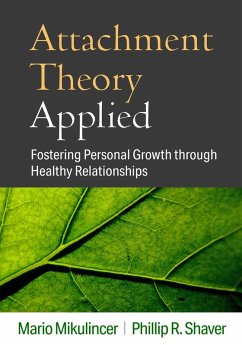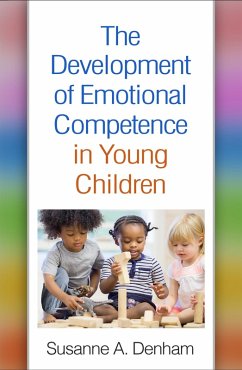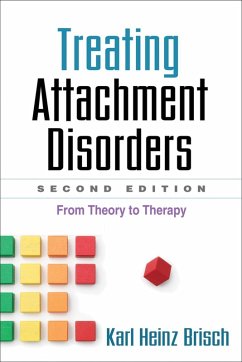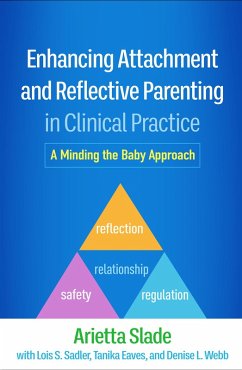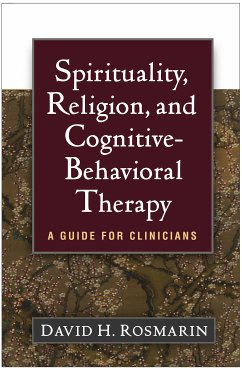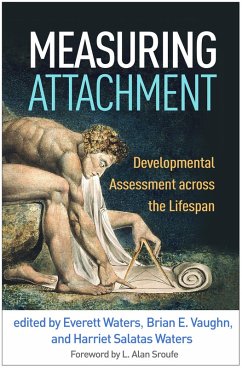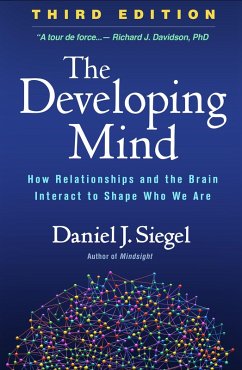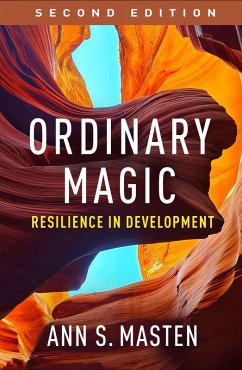
Attachment (eBook, ePUB)
The Fundamental Questions
Redaktion: Thompson, Ross A.; Berlin, Lisa J.; Simpson, Jeffry A.

PAYBACK Punkte
23 °P sammeln!
The ongoing growth of attachment research has given rise to new perspectives on classic theoretical questions as well as fruitful new debates. This unique book identifies nine central questions facing the field and invites leading authorities to address them in 46 succinct chapters. Multiple perspectives are presented on what constitutes an attachment relationship, the best ways to measure attachment security, how internal working models operate, the importance of early attachment relationships for later behavior, challenges in cross-cultural research, how attachment-based interventions work, ...
The ongoing growth of attachment research has given rise to new perspectives on classic theoretical questions as well as fruitful new debates. This unique book identifies nine central questions facing the field and invites leading authorities to address them in 46 succinct chapters. Multiple perspectives are presented on what constitutes an attachment relationship, the best ways to measure attachment security, how internal working models operate, the importance of early attachment relationships for later behavior, challenges in cross-cultural research, how attachment-based interventions work, and more. The concluding chapter by the editors delineates points of convergence and divergence among the contributions and distills important implications for future theory and research.
Dieser Download kann aus rechtlichen Gründen nur mit Rechnungsadresse in A, D ausgeliefert werden.




